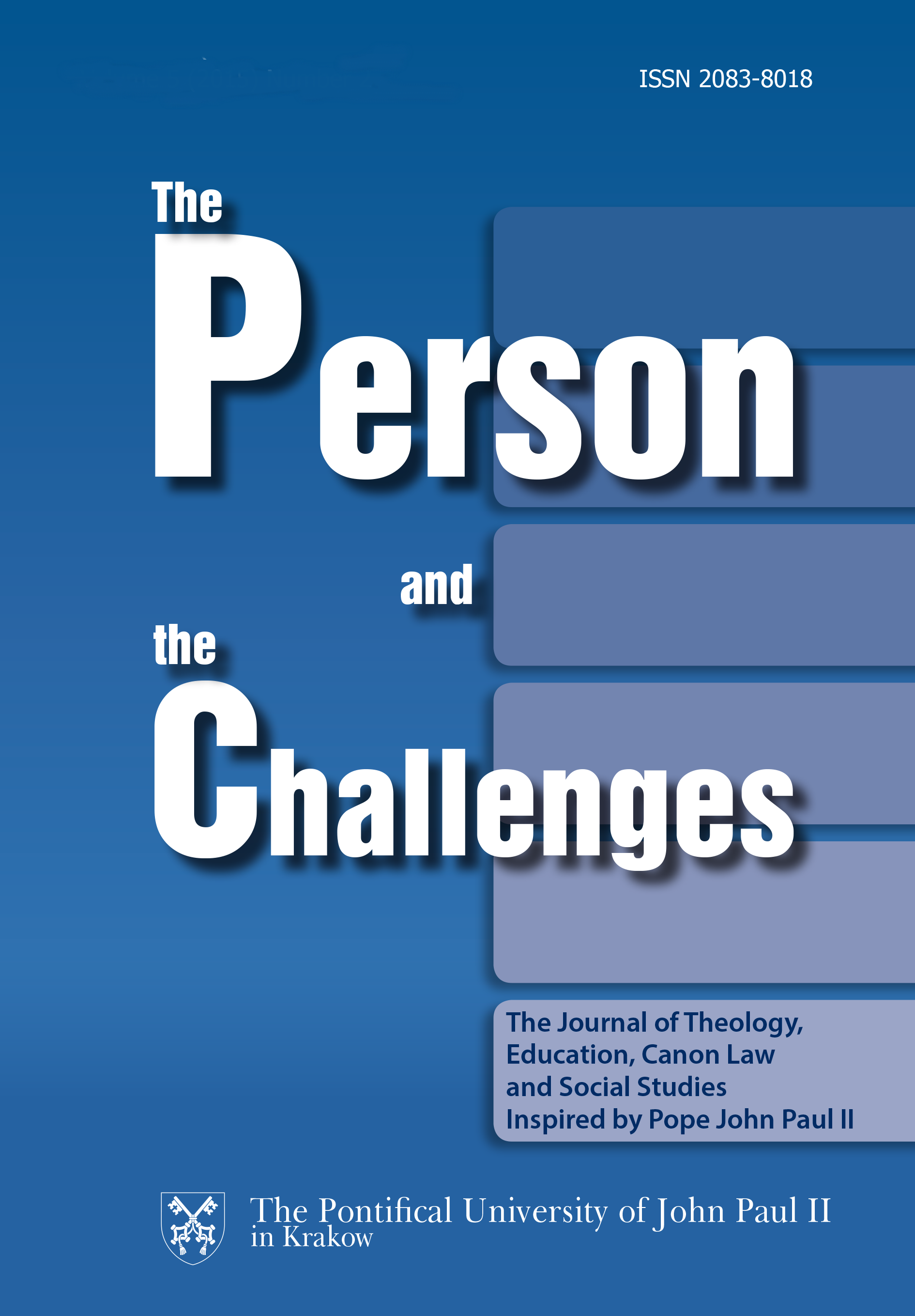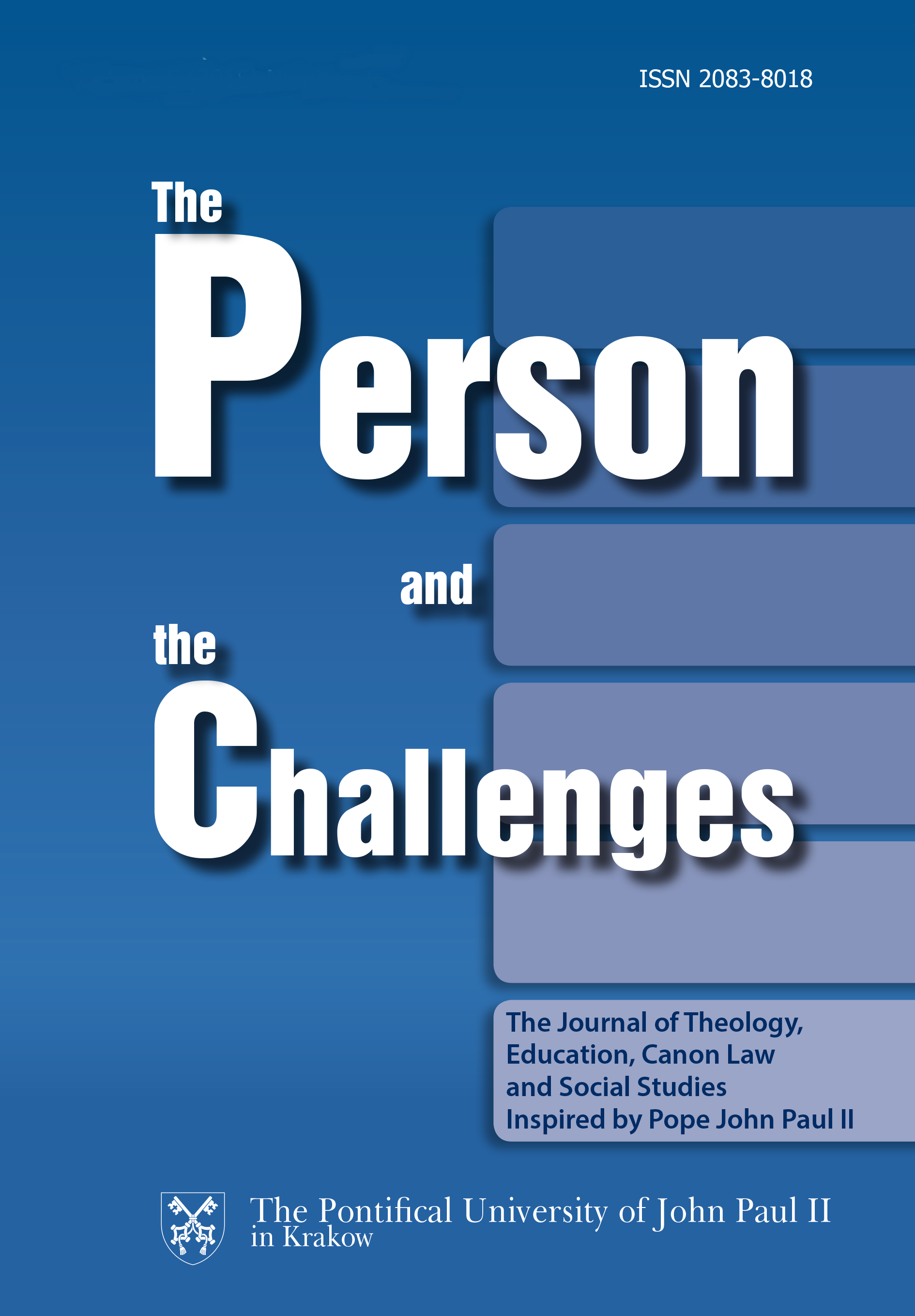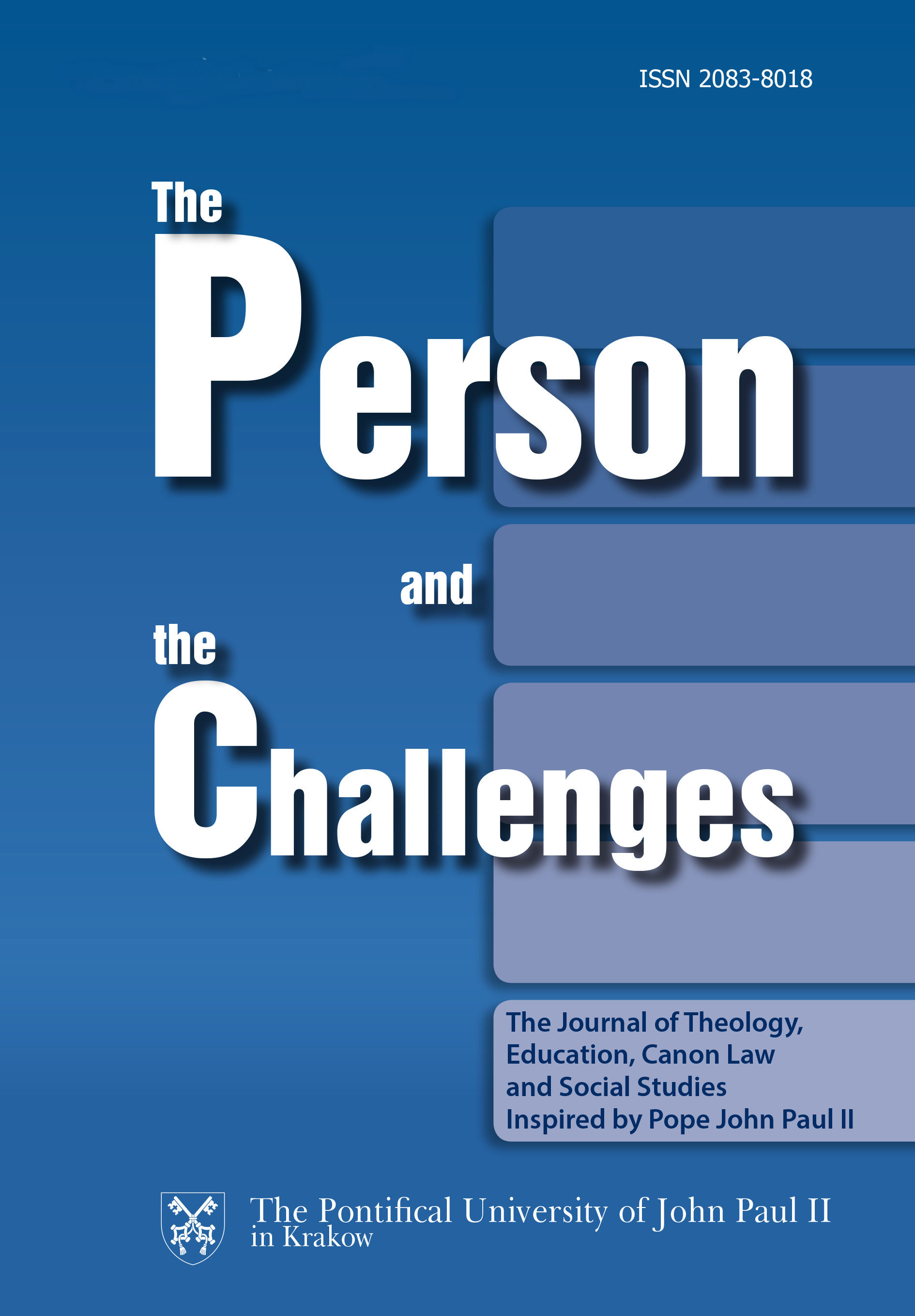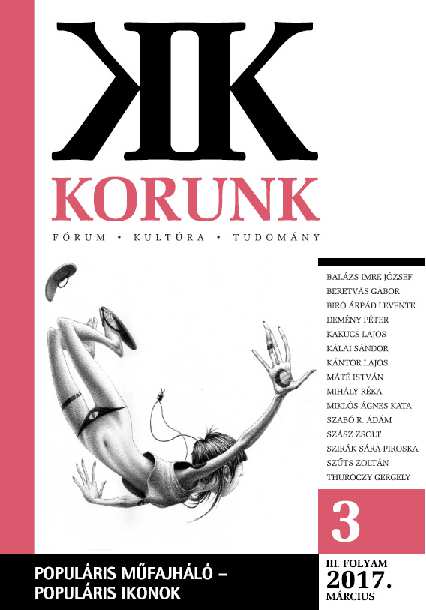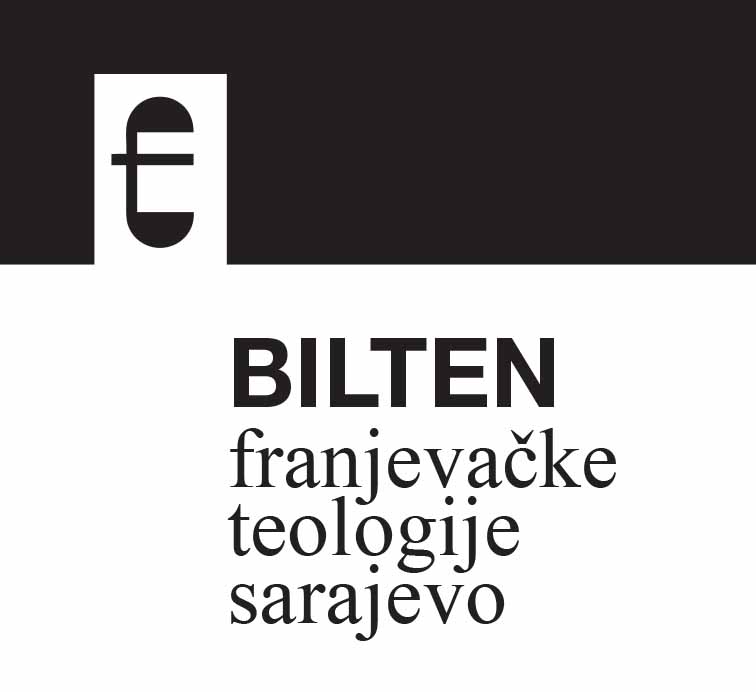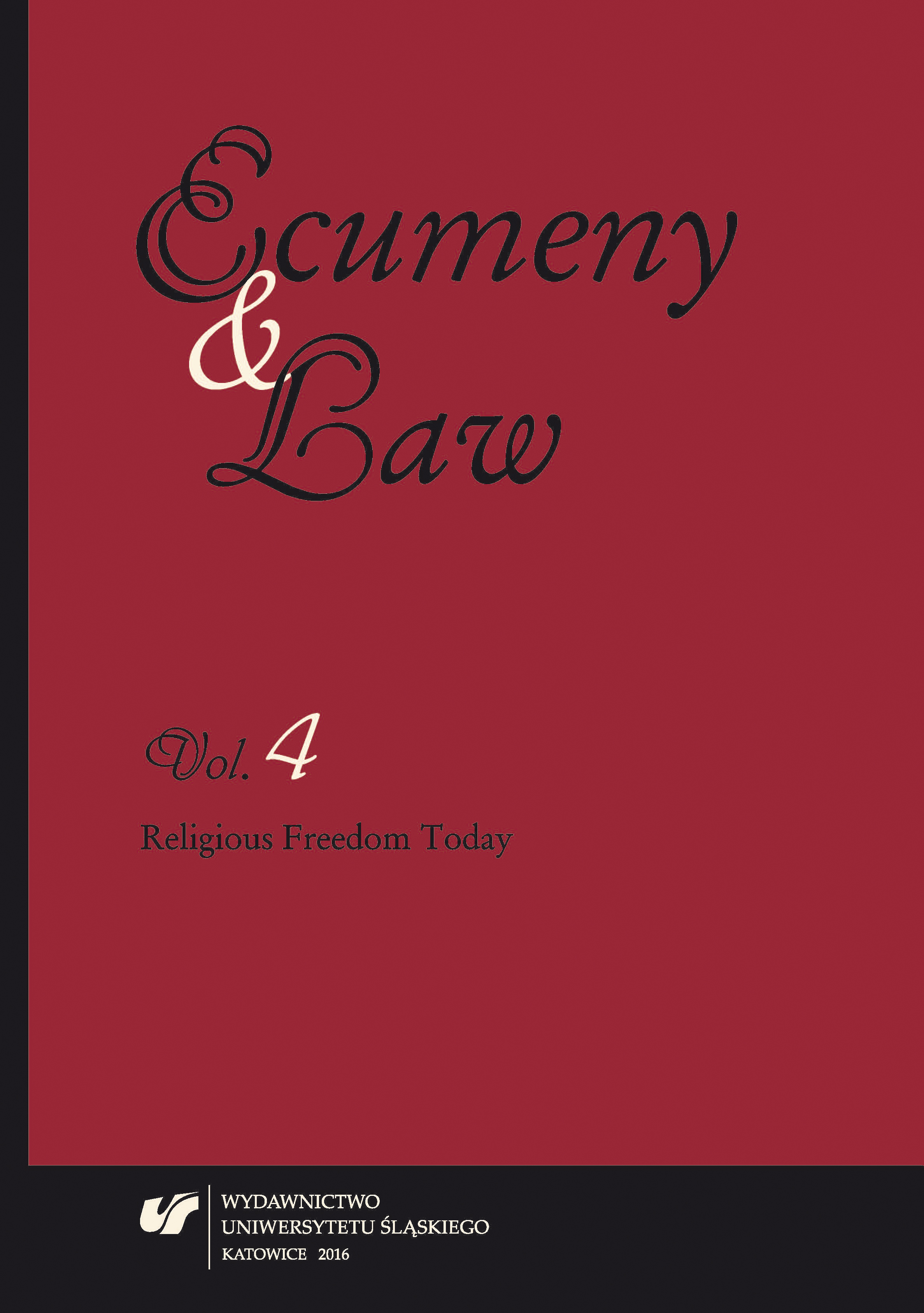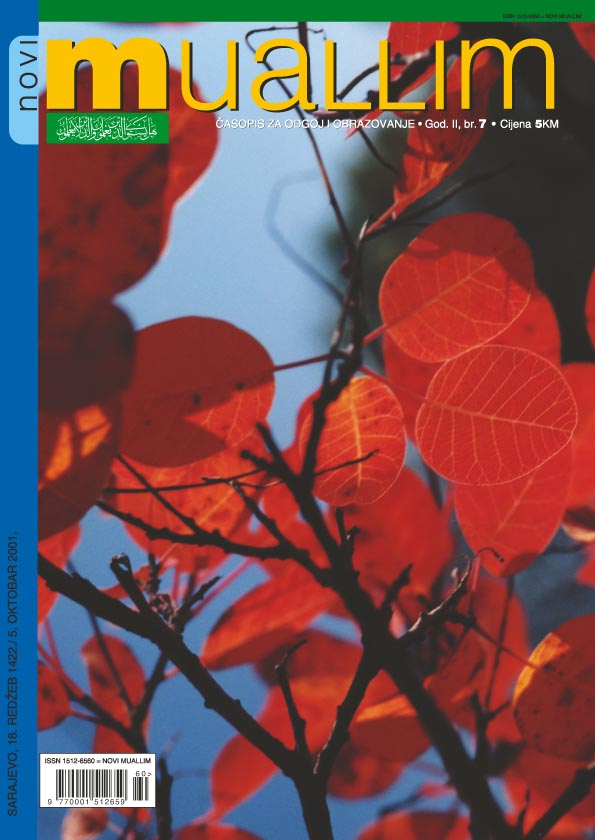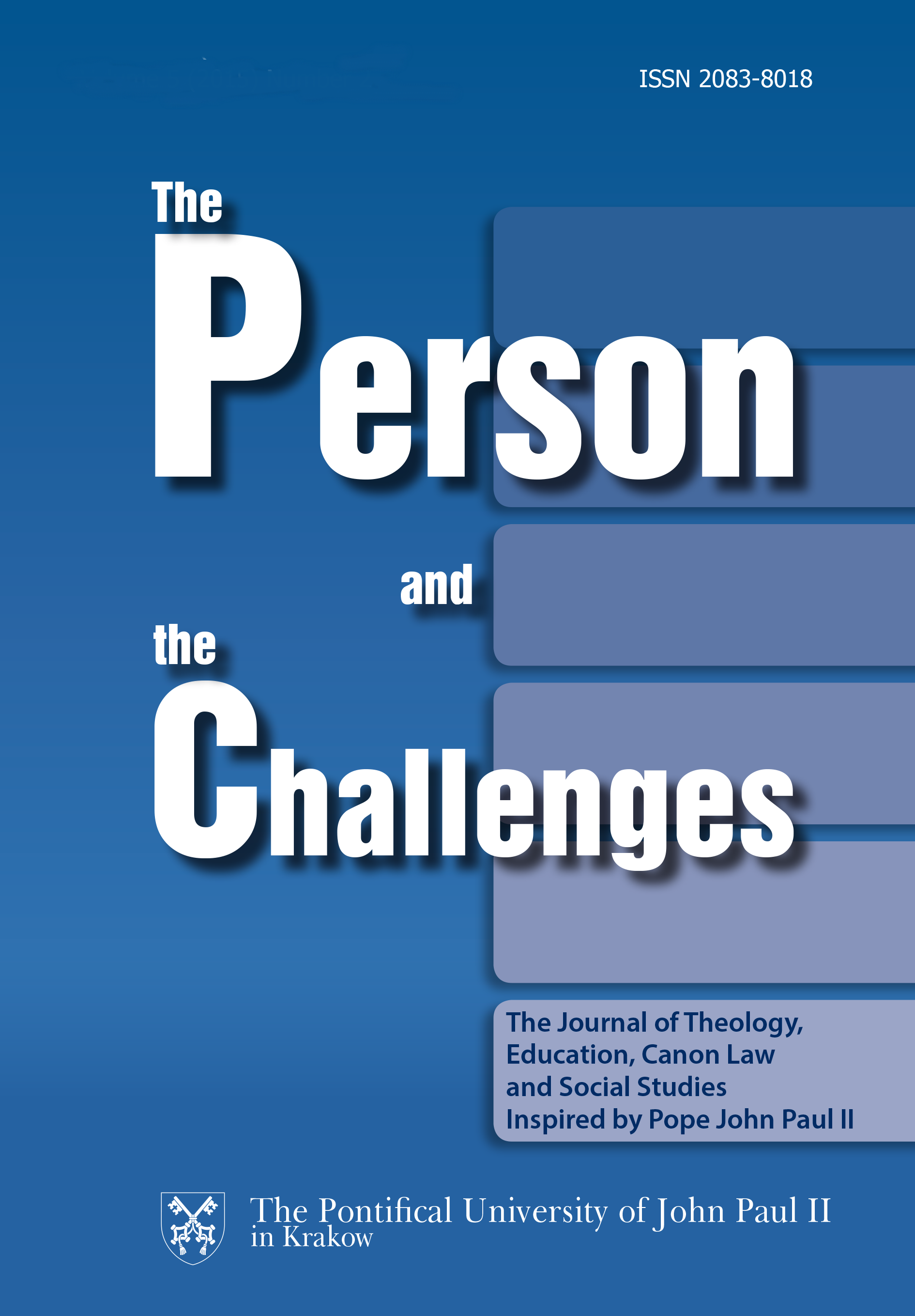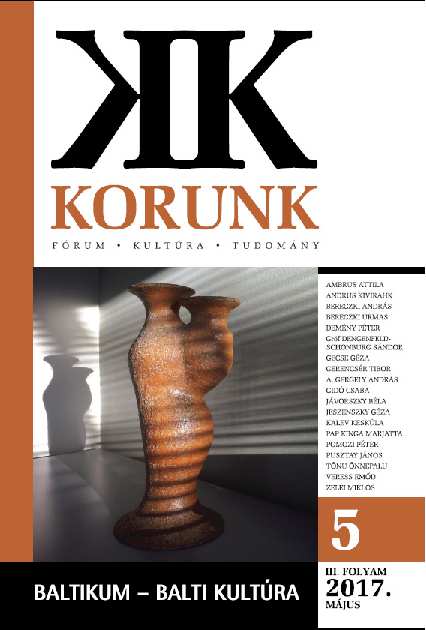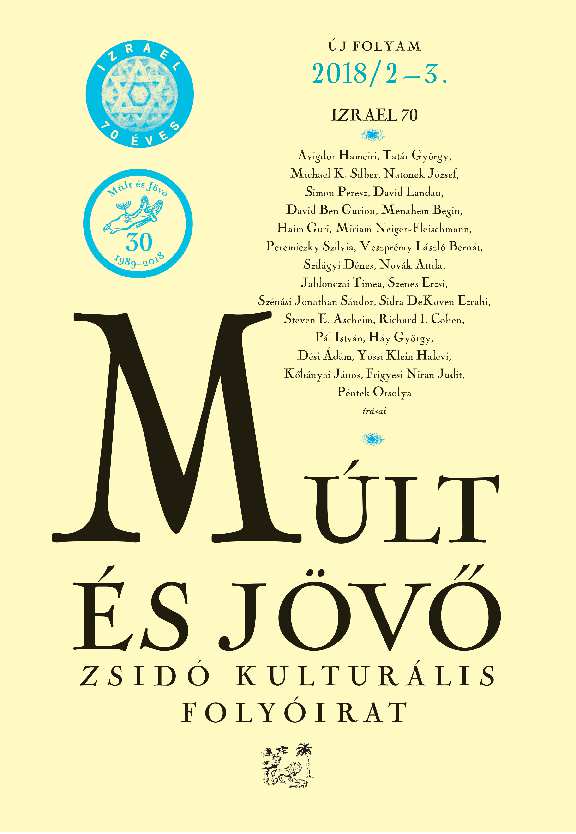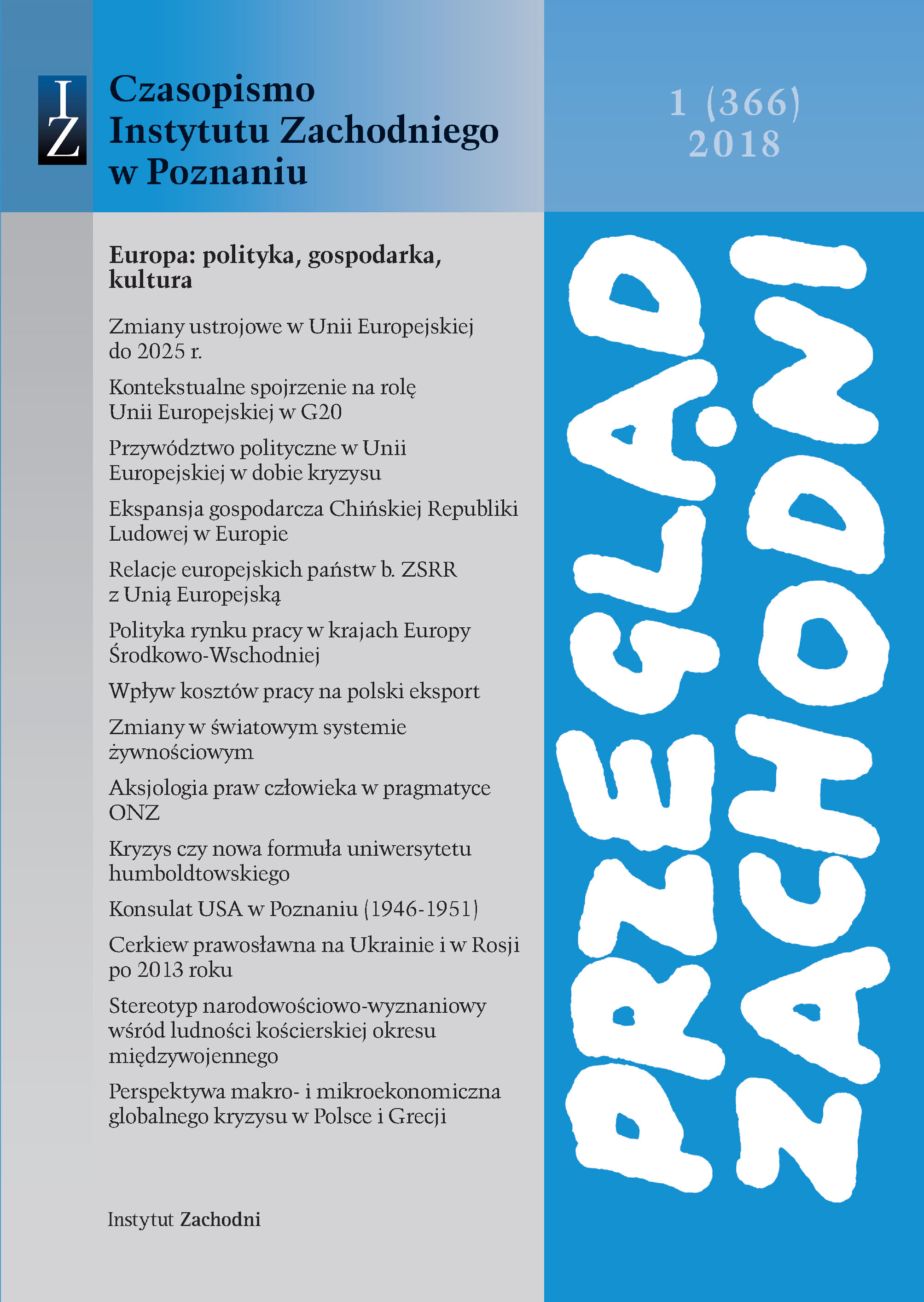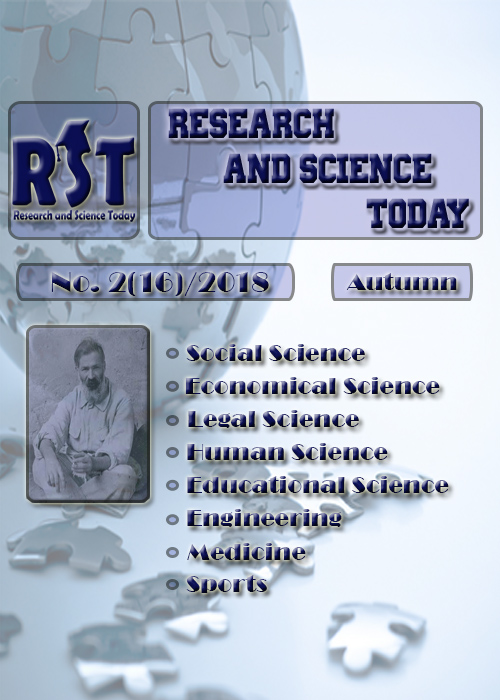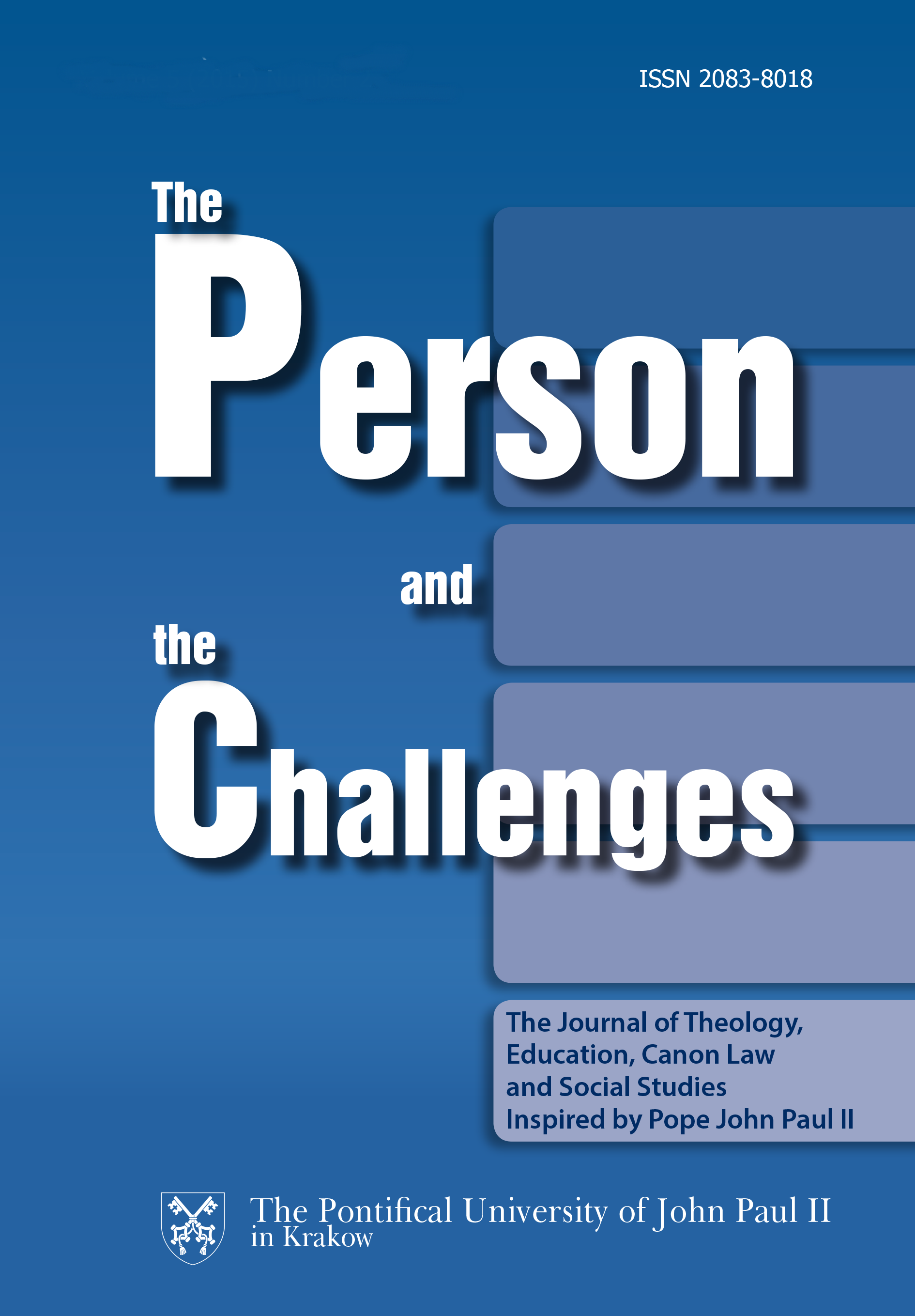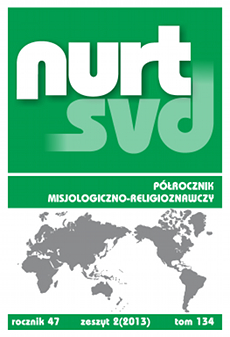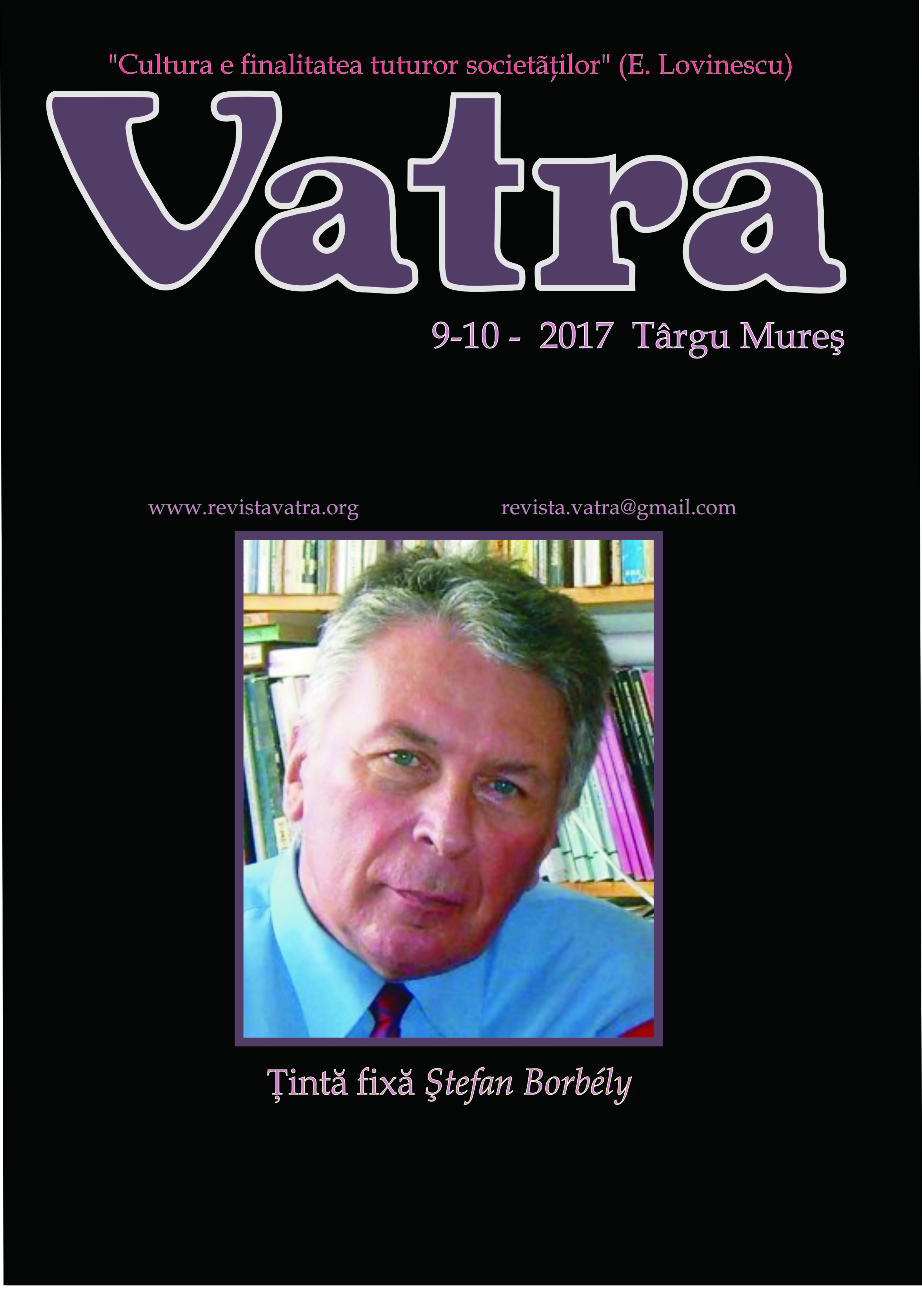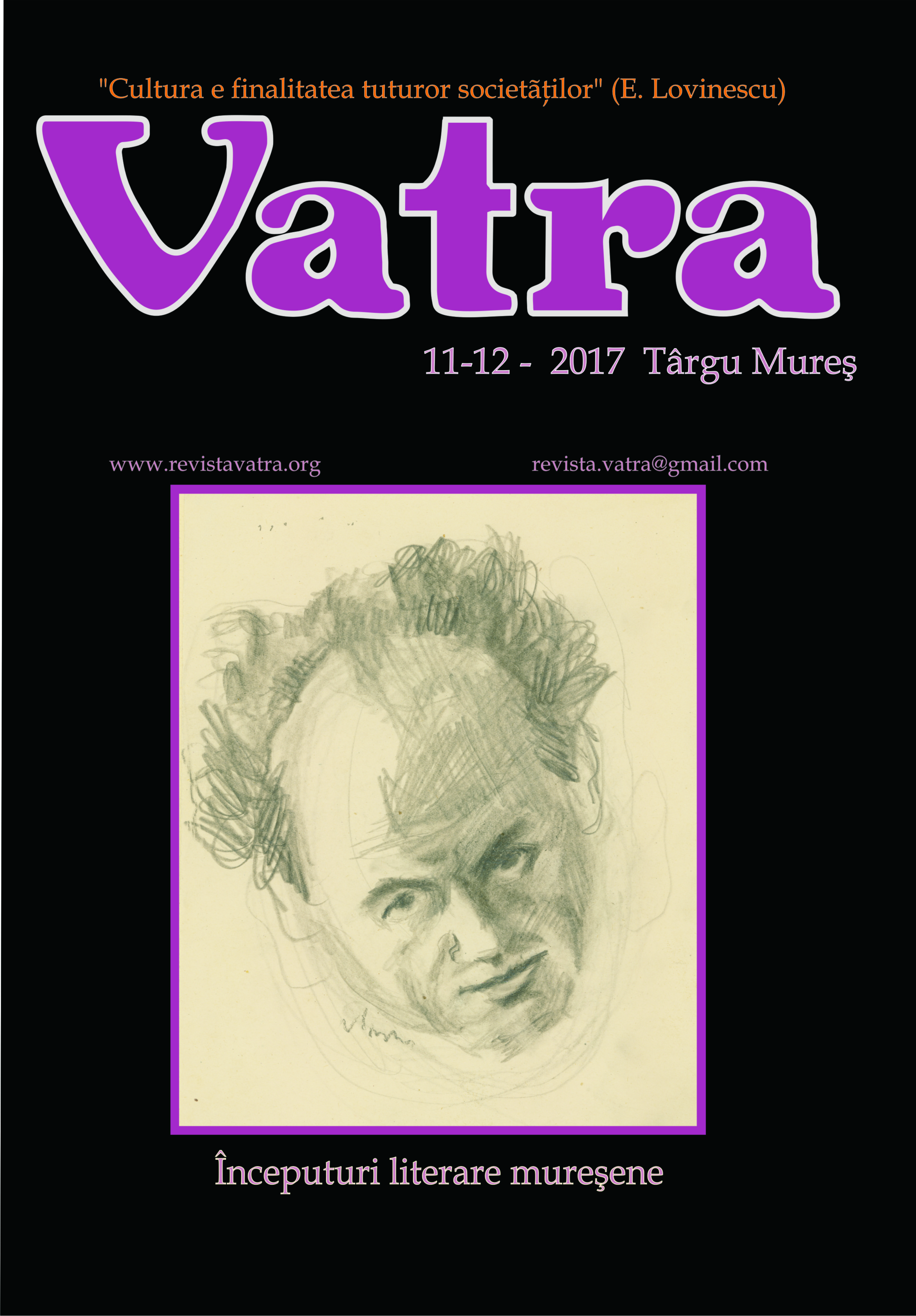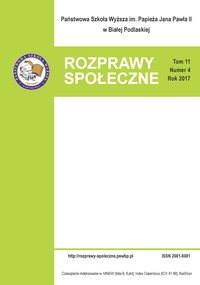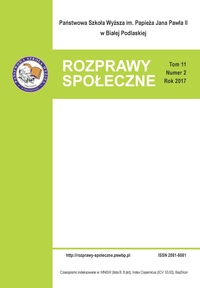RELIGIOUS CHANGES IN MACEDONIAN SOCIETY
The revitalization of religion in Macedonian society can be perceived through the process of de-privatization of the religion, i.e. the abandonment of the private, often called invisible sphere and its obvious and fervent appearance on the public scene. The intensification of religious life in the religious collectivities themselves, more and more imposes and enters the public sphere, followed, for example, through their general greater presence in the media, stressing the place and the position of religion in the structuring of the national collectivity itself, animation of the issues related to the restitution of seized property, religious education or religious instruction, as well as many other issues that are of interest to the believers and citizens in general. The public role of religion is obviously oriented, in general, towards its ethic dimension and the need to conceive, to develop and to realize the commitment of the religious communities in the spectrum of social activities.
More...
